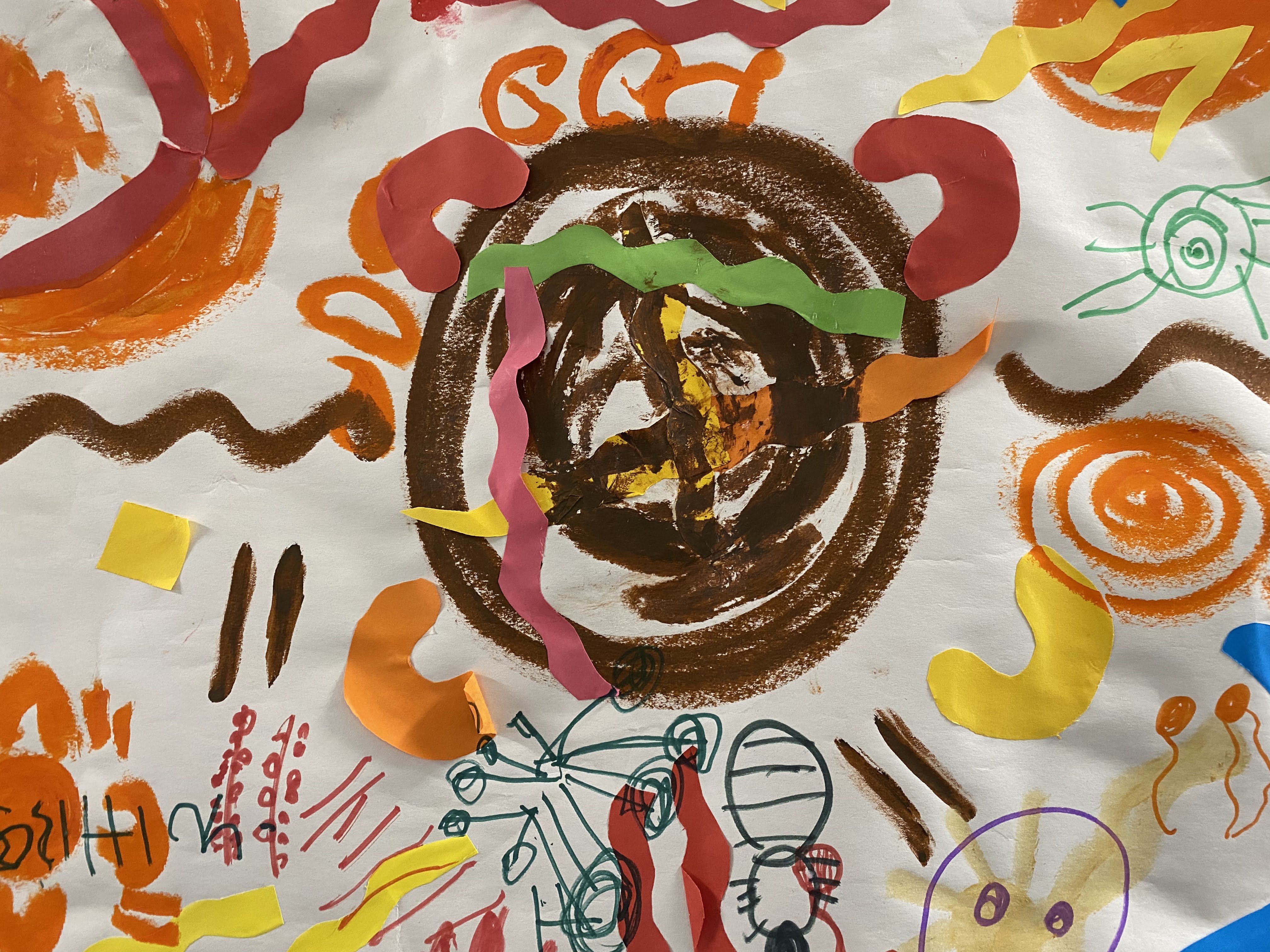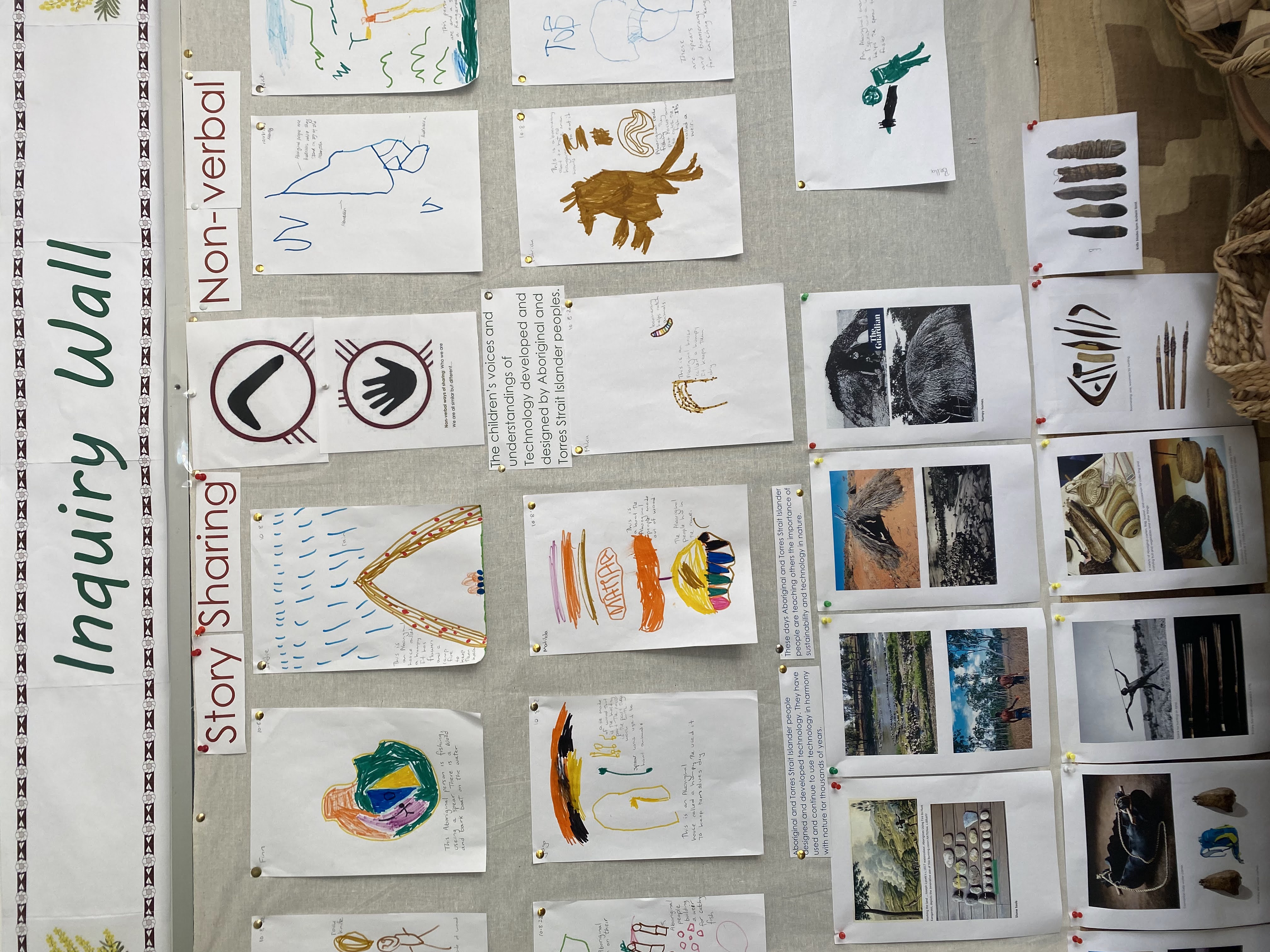Inquiry Beliefs and Practices
Staff have worked collaboratively to establish a series of core beliefs around inquiry learning, which underpin our teaching and learning.
We believe that effective teaching and learning using an Inquiry approach is:
- A learning process that teaches transdisciplinary skills across the curriculum
- Meaningful, purposeful and relevant to children’s lives, interests and prior knowledge
- Encouraging family partnerships which are integral to inquiry learning
- Inclusive to the learning needs and styles of all children’s learning
- Differentiated and inclusive of all children’s thinking
- Igniting a passion for lifelong learning and 21st century skills
- Understanding how and why we learn- teaching metacognitive skills and learning dispositions
- Explicitly and intentionally taught
- Releasing responsibility and providing a sense of agency in children as they develop their independence and confidence.
- Learning through investigative play
In our school and classrooms you will see:
- Researchers: formulating questions and investigating problems, interests and issues.
- Thinkers: children and educators thinking about how we use our thinking and using different strategies to make our thinking visible to others
- Collaborators: children and educators working together on questions and challenges.
- Children taking on various team roles as part of a team, for different activities.
- Communicators: children communicating ideas confidently in different ways for different purposes.
- Self managers: children learning independently and in groups, to make decisions about their learning.
- All children learning about themselves as learners and setting personal goals.
- All children having voice, agency and ownership at the forefront in their learning
- All children having both personal and directed choice in their learning
- Purposeful, authentic and explicit learning
- Investigations occurring throughout each day
- Visible learning intentions and questions
- Co constructed collaborative learning and planning
- Visual displays of co-constructed Inquiry learning and language
- Children conferencing with teachers, receiving targeted feedback aligned with their learning
- Teachers documenting what they learn about students and using formative assessment strategies
- Teachers consciously embedded in the learning life of each child
- Educators and community learning alongside children
- Educators listening, asking questions and promoting higher order thinking to stimulate and extend children’s talk and thinking
- Children’s interests being reflected in the classroom and their learning
- Happy, curious and engaged learners
So that…
- Children become confident, imaginative and critical thinkers, communicators, and engaged citizens
- Children develop dispositions for lifelong learning such as curiosity, confidence, creativity, persistence, inquiry and experimentation
- We create a community of inquirers.
